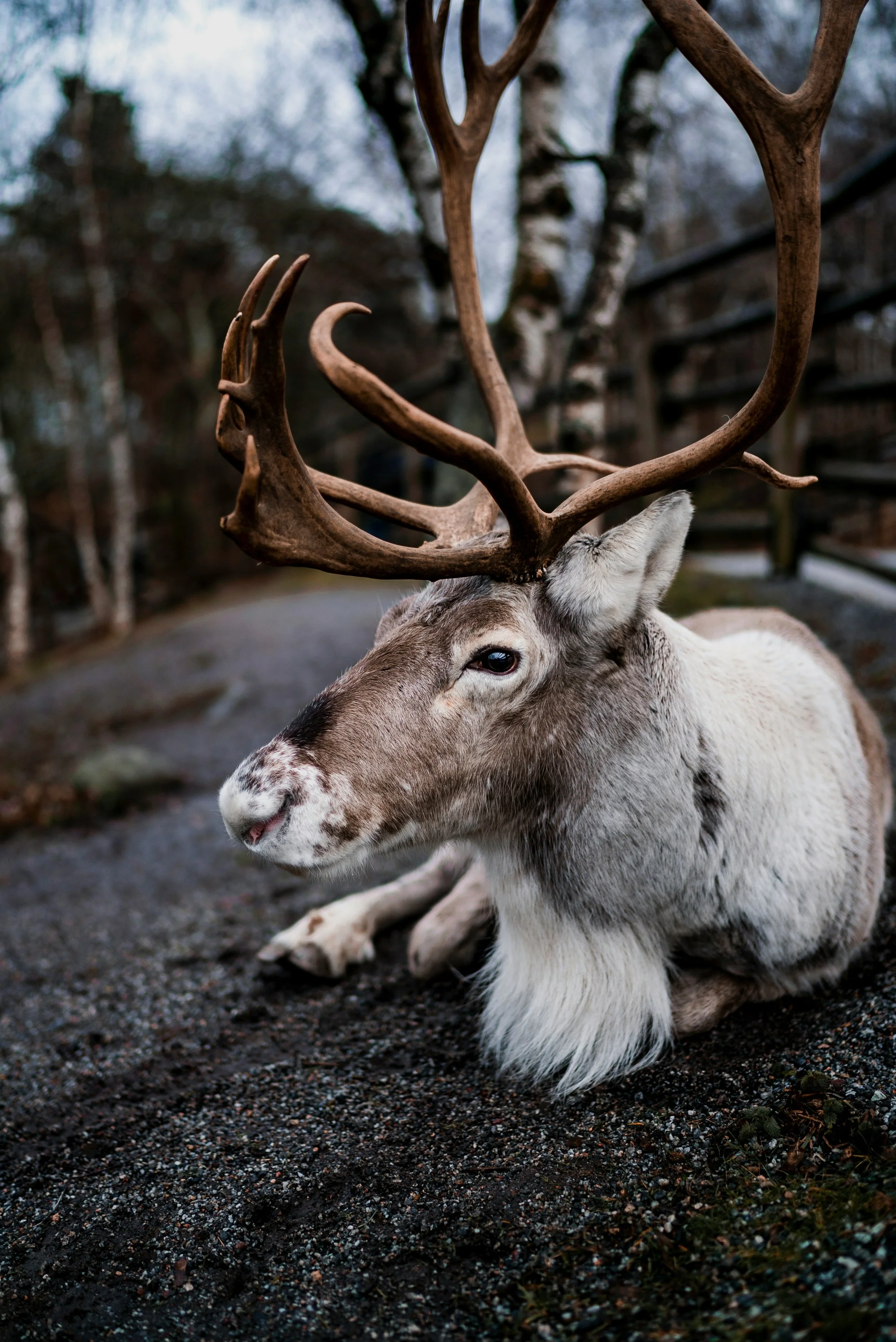Researchers Awarded Grant to Study Climate-Induced Migration of Biting Flies in Arctic Regions
A team of scientists, to include our own Dr. Joey Bernhardt, has secured a $250,000 grant over two years through the New Frontiers in Research Fund Exploration competition. Their project aims to track the northward migration of biting flies due to climate change and assess their impact on wildlife and human health in Arctic regions.
Biting flies, including black flies and mosquitoes, play crucial roles in ecosystems, but they can also be pests and disease carriers. As climate change drives these insects toward higher latitudes, concerns arise about their effects on wildlife, especially the caribou population. Caribou are culturally significant and vital for food security. Swarms of flies can force caribou into resource-scarce environments and transmit diseases, posing risks to wildlife.
In collaboration with Kitikmeot community members in Nunavut, the researchers will develop a monitoring program for flies and the microorganisms they carry. They will model the current and future fly ranges and promptly alert communities about potentially invasive or harmful species.
The research proposal emphasizes the need for accessible, integrated data in Arctic communities dealing with climate change. It adds, “Respectful sharing and co-analysis of knowledge are essential for understanding species trends, relationships, and predicting climate change impacts on wildlife, ecosystem services, human health, nutrition, and cultural practices.” While the study focuses on the Arctic, similar principles apply to the Great Lakes.
The New Frontiers in Research Fund supports Canadian-led interdisciplinary, international, high-risk/high-reward, transformative, and rapid-response research.

